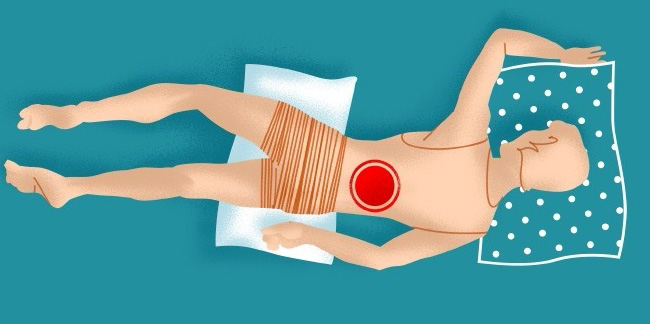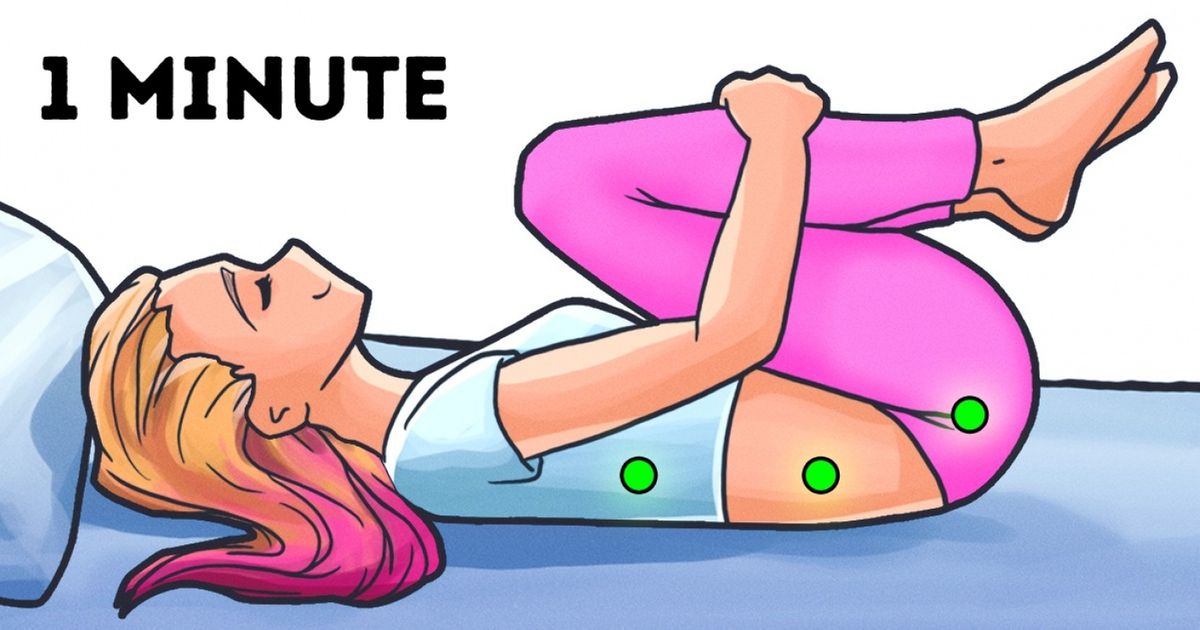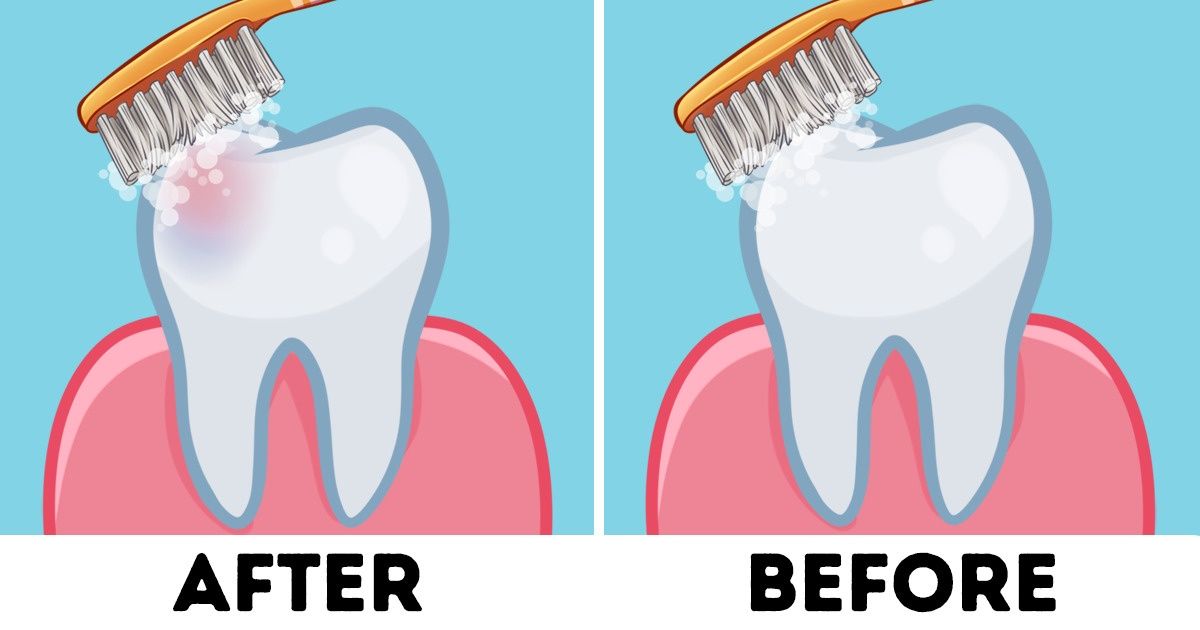Sleep is the cornerstone of good health, yet millions of people struggle with sleep problems every night. Whether it’s difficulty falling asleep, staying asleep, or waking up feeling groggy, poor sleep can wreak havoc on your physical and mental well-being.
According to the Centers for Disease Control and Prevention (CDC) , one in three adults doesn’t get enough sleep regularly. This article dives into nine science-backed strategies to help you overcome common sleep challenges and achieve restorative, high-quality sleep.
Understanding the Importance of Sleep Quality for Better Health
Before diving into solutions, it’s essential to understand why sleep matters so much. High-quality sleep isn’t just about feeling rested; it plays a critical role in regulating hormones, boosting immunity, improving memory, and reducing stress levels. Poor sleep has been linked to chronic conditions such as obesity, diabetes, cardiovascular disease, and even depression. By prioritizing sleep hygiene, you’re investing in long-term health benefits that extend far beyond simply avoiding fatigue.
For instance, studies show that deep sleep—also known as slow-wave sleep—is crucial for repairing tissues, consolidating memories, and balancing mood. If you’re not getting enough REM (rapid eye movement) sleep, your cognitive function and emotional resilience may suffer significantly. The first step toward fixing sleep problems is recognizing their impact on overall wellness.
Tip #1: Establish a Consistent Sleep Schedule to Regulate Your Circadian Rhythm
One of the most effective ways to combat sleep issues is by maintaining a consistent bedtime routine. Going to bed and waking up at the same time every day—even on weekends—helps regulate your body’s internal clock, also known as the circadian rhythm. This natural process controls when you feel awake versus sleepy throughout the day.
Research published in the journal Sleep Medicine Reviews highlights that irregular sleep patterns disrupt melatonin production, making it harder to fall asleep naturally. To implement this tip, set an alarm for both bedtime and wake-up time. Over time, your body will adapt, leading to improved sleep efficiency and reduced nighttime awakenings.
Tip #2: Create a Relaxing Bedtime Routine to Signal Your Brain It’s Time to Wind Down
A calming pre-sleep ritual signals to your brain that it’s time to transition from alertness to relaxation. Activities like reading a book, practicing mindfulness meditation, or taking a warm bath can prepare your mind and body for restful slumber. Avoid stimulating activities like scrolling through social media or watching intense TV shows before bed, as these can overstimulate your brain and delay sleep onset.
According to Harvard Medical School, engaging in relaxing activities lowers cortisol levels, which helps reduce anxiety and promotes deeper sleep. Consider incorporating aromatherapy using lavender essential oil, which has been shown to have sedative effects conducive to better sleep quality.
Tip #3: Optimize Your Sleep Environment for Maximum Comfort
Your bedroom environment plays a pivotal role in determining how well you sleep. Factors like temperature, lighting, noise levels, and mattress quality all contribute to creating an ideal setting for restorative sleep.
Experts recommend keeping your bedroom cool—between 60°F and 67°F (15°C to 19°C)—as cooler temperatures promote deeper sleep cycles. Additionally, invest in blackout curtains or use a white noise machine to block out disruptive sounds and light pollution. A supportive mattress and pillows tailored to your sleeping position are equally important. For more insights, check out recommendations from the National Sleep Foundation .
Tip #4: Limit Exposure to Blue Light Before Bedtime
In today’s digital age, exposure to blue light emitted by smartphones, tablets, and computers poses a significant threat to healthy sleep habits. Blue light suppresses melatonin production, tricking your brain into thinking it’s still daytime and delaying sleep onset.
To mitigate this issue, consider adopting a “digital curfew” two hours before bedtime. Alternatively, use blue-light-blocking glasses or enable night mode settings on your devices. Apps like f.lux automatically adjust screen brightness based on the time of day, helping minimize disruption to your circadian rhythm.
Tip #5: Watch What You Eat and Drink Before Bed
Dietary choices can either enhance or hinder your ability to fall asleep quickly and stay asleep throughout the night. Consuming heavy meals, caffeine, or alcohol close to bedtime can interfere with digestion and disrupt sleep architecture.
Instead, opt for light snacks rich in tryptophan—an amino acid that promotes serotonin production—if you’re hungry before bed. Foods like bananas, almonds, and turkey are excellent options. Drinking herbal teas like chamomile or valerian root can also induce drowsiness without causing dependency.
Tip #6: Exercise Regularly—but Not Too Close to Bedtime
Physical activity is widely recognized as a powerful tool for enhancing sleep quality. Regular exercise reduces stress, increases energy expenditure, and regulates hormones that influence sleep-wake cycles. However, timing matters. Working out too late in the evening might elevate adrenaline levels and make it harder to wind down.
The American Heart Association suggests scheduling workouts earlier in the day or at least three hours before bedtime. Even moderate activities like walking or yoga can yield substantial improvements in sleep duration and depth.
Tip #7: Manage Stress and Anxiety Through Mindfulness Techniques
Stress and anxiety are among the leading causes of sleep disturbances. Racing thoughts and worries often prevent individuals from drifting off peacefully. Practicing mindfulness techniques such as deep breathing exercises, progressive muscle relaxation, or guided imagery can calm your nervous system and ease tension.
Apps like Calm and Headspace offer specialized programs designed to address sleep-related stress. According to a study published in JAMA Internal Medicine , mindfulness meditation improves sleep quality and reduces symptoms of insomnia.

Tip #8: Seek Professional Help if Insomnia Persists
If lifestyle changes fail to resolve persistent sleep issues, consulting a healthcare professional is advisable. Chronic insomnia could indicate underlying medical conditions such as sleep apnea, restless leg syndrome, or hormonal imbalances. Cognitive Behavioral Therapy for Insomnia (CBT-I) is considered the gold standard treatment for addressing behavioral contributors to poor sleep.
Don’t hesitate to reach out to specialists who can provide personalized guidance. Organizations like the American Academy of Sleep Medicine offer resources to connect patients with certified sleep experts.

Tip #9: Monitor Your Progress with Sleep Tracking Tools
Tracking your sleep patterns provides valuable insights into areas needing improvement. Wearable devices like Fitbit or Apple Watch monitor metrics such as total sleep duration, REM cycles, and heart rate variability. Smartphone apps like Sleep Cycle analyze sound data to determine sleep stages and identify potential disruptions.
While technology shouldn’t replace professional advice, these tools empower users to take charge of their sleep health proactively.
Final Thoughts: Prioritize Sleep for Long-Term Well-Being
Fixing sleep problems requires commitment and consistency, but the rewards are worth the effort. By implementing these nine scientifically-backed strategies, you’ll be well on your way to achieving restful, rejuvenating sleep. Remember, small changes add up over time, and prioritizing sleep hygiene is one of the best investments you can make for your overall health and happiness.
Ready to transform your nights? Start tonight by picking one tip and integrating it into your daily routine. Sweet dreams await!
Sources: Cleveland Clinic, Healthline, Сlevelandclinic









